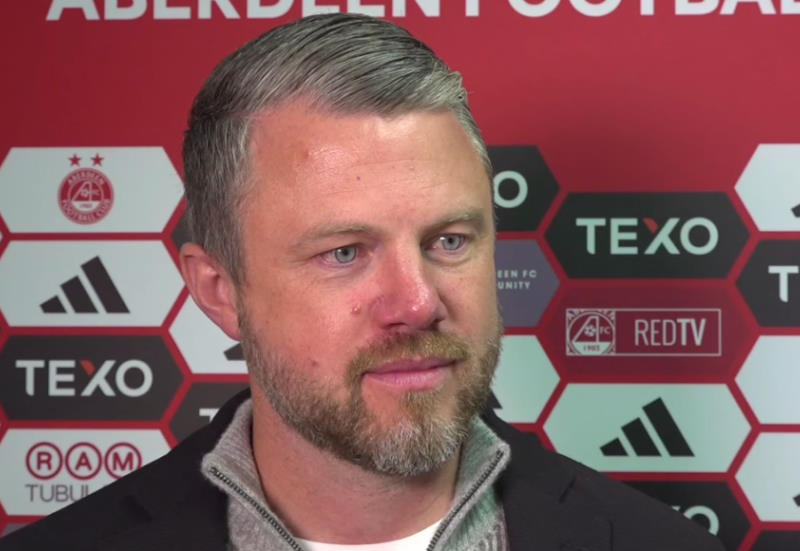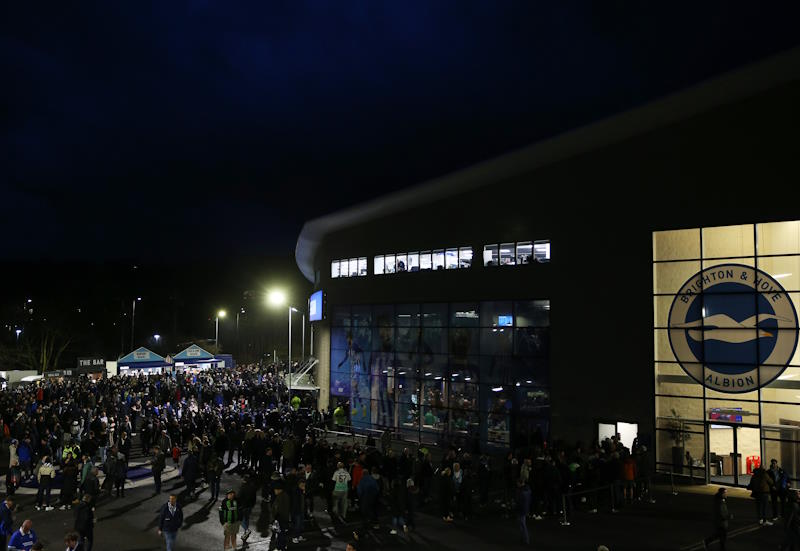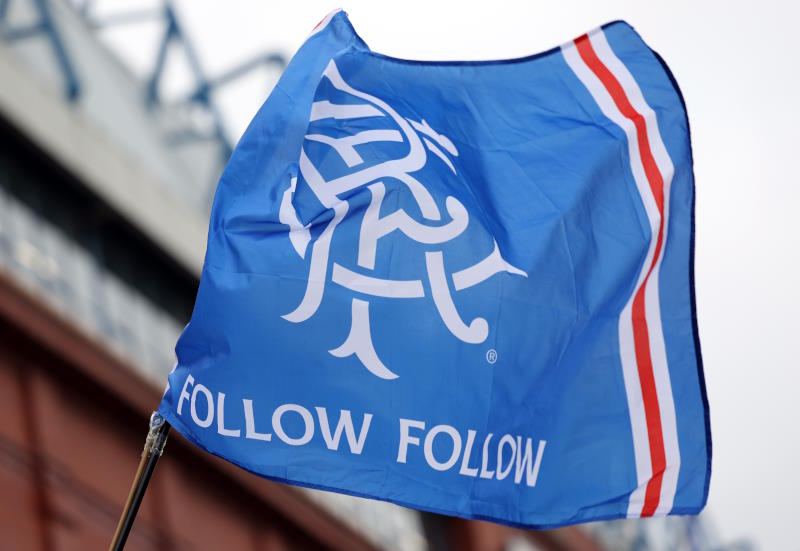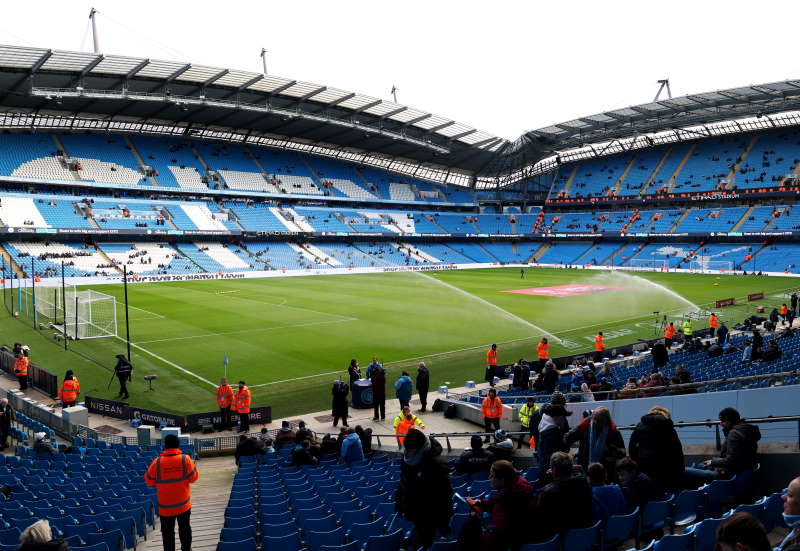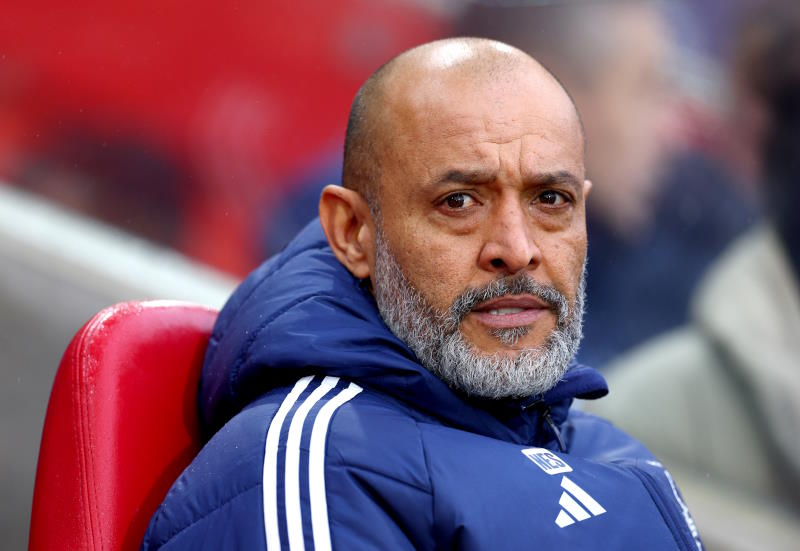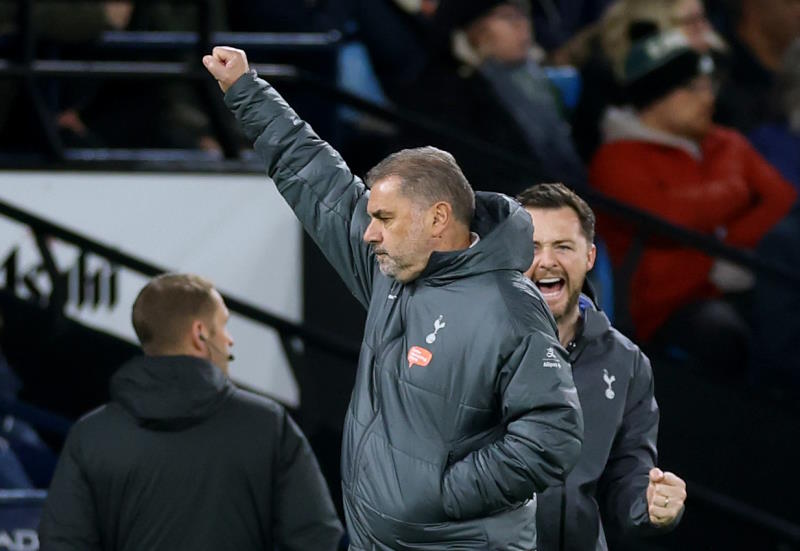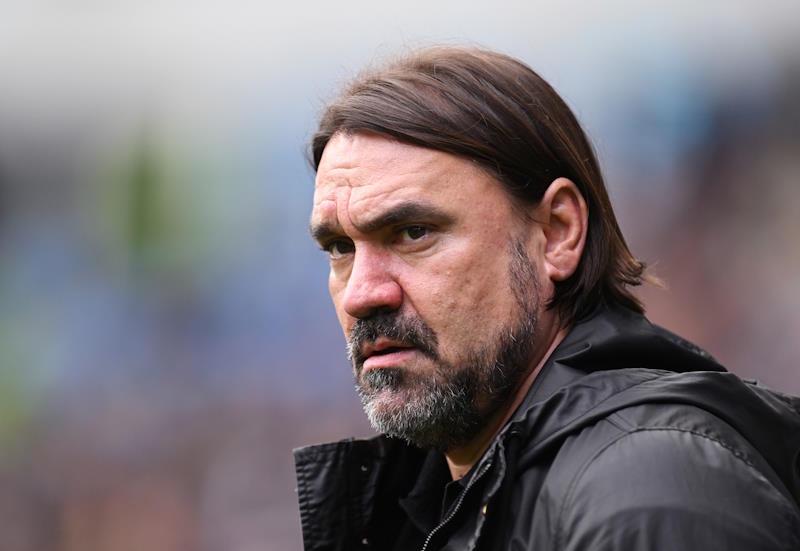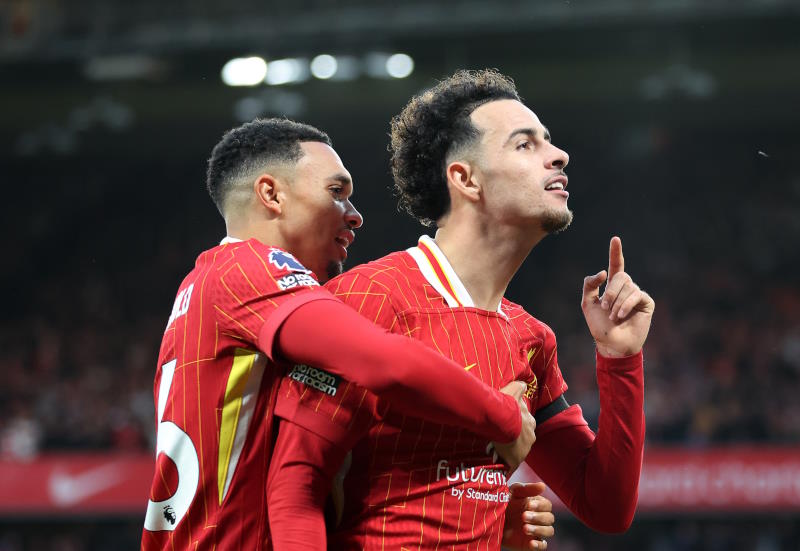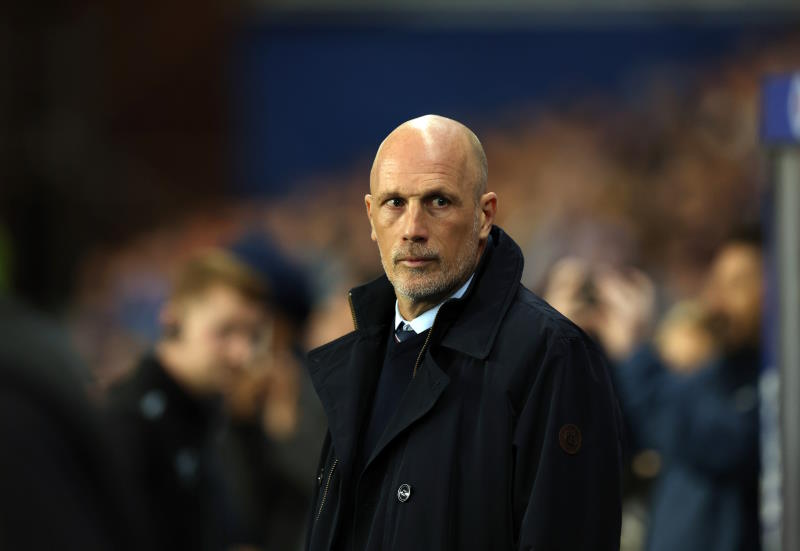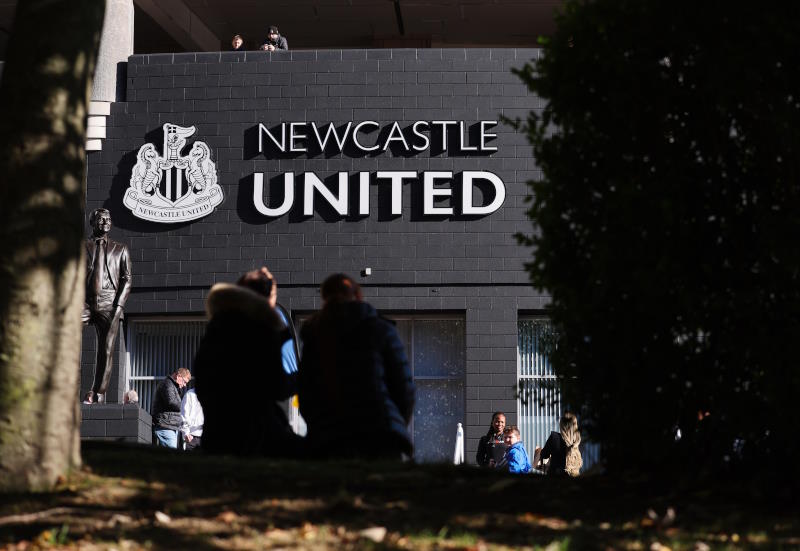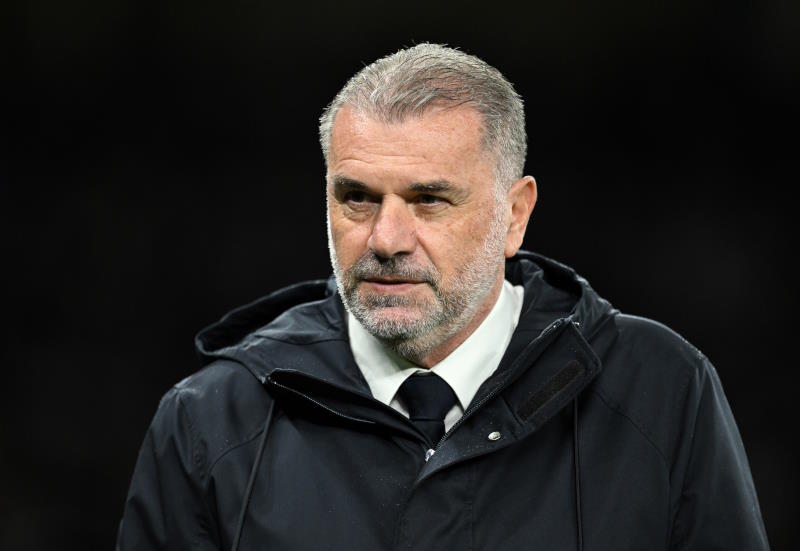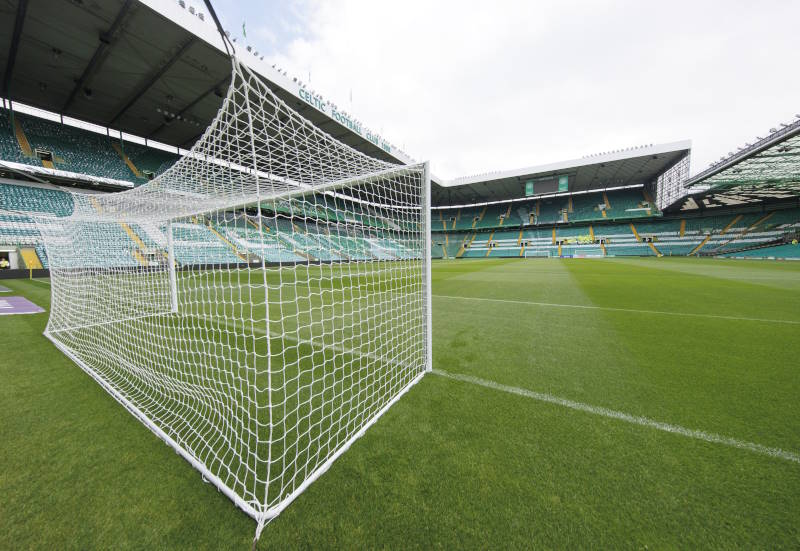
Tom Oldfield
When £80M is splashed on one player, it is easy to forget that the economy has been, and continues to be, very shaky.
But the perilous economic climate, which is forcing job losses and closures in numerous countries, has done little to deter businessmen looking to make their mark by buying their way into English football. And with a pulsating title race once more in prospect this season, combined with English clubs’ recent track records in the Champions League, the Premier League is the place to be – and the investors know it.
Whether or not the string of takeovers over the past five years has been a good thing or not remains to be seen and conflicting arguments are to be found among both pundits and supporters. Roman Abramovich set the ball rolling when he bought Chelsea and he made a football club an asset worth having among the elite. He pumped huge funding into the project and was rewarded with back-to-back Premier League successes under Jose Mourinho, though as yet he has not added the European glory he craves.
It was not long before others followed suit, putting forward hefty and irresistible bids. Fans saw Malcolm Glazer swoop on Manchester United in one of the most angrily received takeovers while Randy Lerner, Tom Hicks and George Gillett, and Sasha Gaydamak all made their mark, taking charge of Aston Villa, Liverpool and Portsmouth respectively. The list goes on. This season has seen Carson Yeung join the ranks at Birmingham.
The takeover frenzy has not been limited to the Premier League either. Championship sides have also found themselves in demand and several have succumbed to lucrative deals. QPR, for instance, were bought by Italian Flavio Briatore while Ipswich welcomed in the wealth of businessman Marcus Evans.
And if Hafez Al-Medlej, Chairman of the Saudi Professional League Commission, is to be believed, more and more clubs will be subject to takeovers from Saudi Arabia in the coming years as investors seek to pick out a potentially lucrative deal.
He told reporters: “In one year’s time, if there was no backfire and everyone is settled, I am sure at least ten more investors will come. Not necessarily to the Premier League. They might come and buy some clubs at the Championship level.
“Last year I spoke to some people interested in Championship clubs and made enquiries. Their specific needs are they wanted a club that has high average crowd, facilities are good and a club in London. Not always a team top of the league. To buy a club from the First Division and bring it up is an even better investment.”
While Al-Medlej was referring specifically to Saudi backers, the same seems to go for businessmen in many others wealthy countries. And clubs like Everton and Tottenham – to throw a couple of clubs out there – certainly have plenty to offer investors.
But the whole business of takeovers often leaves supporters with mixed feelings. On the one hand, it hurts to see their team bought by businessmen who may not be football fans and they are fearful of whether the new owners will always act in the true interests of the team. Will the investors be committed to chasing trophies or a quick profit?
And there is a real danger too as the fallout can be catastrophic when things take a turn for the worse, leaving clubs fighting for their future. Portsmouth found out the hard way when debts mounted with their expensive wage bill. One minute, Harry Redknapp was talking up the potential of a squad boasting the likes of Jermain Defoe, Peter Crouch and Glen Johnson. The next Redknapp had left the club to take charge at Tottenham and those three stars were making their own exits, along with countless others. Pompey went from European contenders to relegation candidates in no time and, despite another takeover, they look set to pay the ultimate price with relegation come May.
And then of course there is Mike Ashley whose involvement with Newcastle has not gone according to plan, to say the very least. The Magpies find themselves in the Championship and Ashley is desperate to rid himself of his investment.
But on the other hand there are few complaints when the transfer kitty is revealed following a takeover and big names start to roll through the doors. A team’s targets for the campaign can be transformed overnight from relegation candidates to European challengers or mid-table hopefuls to title contenders. Despite all the upheaval, it is hard to complain when in excess of £50M is being pumped into new signings, just like Chelsea fans quickly warmed to Abramovich when Hernan Crespo, Juan Sebastian Veron and Claude Makelele bought into the Russian Revolution at Stamford Bridge. Takeovers, naturally, come with ups and downs.
Not that such a fate has discouraged the batch of billionaires seeking to add the status symbol of owning a successful football club. In fact, Arsenal are bracing themselves as Stan Kroenke, the American who also owns the NBA’s Denver Nuggets basketball team, edges ever nearer to the threshold required before he makes an offer for the remaining shares. Kroenke could soon be the latest member of the foreign owners club.
So at a time when people everywhere are cutting back on expenses, investors are preparing to do just the opposite. They are not being deterred when it comes to buying English clubs and there will be plenty of managers and supporters keeping their eyes peeled for the latest takeover bid on the horizon.
Related Articles:
- – Is Planet Football Beginning to Level Out?
- – Can Canada Rediscover International Highs?
- – CONCACAF President Warner On the Ball

